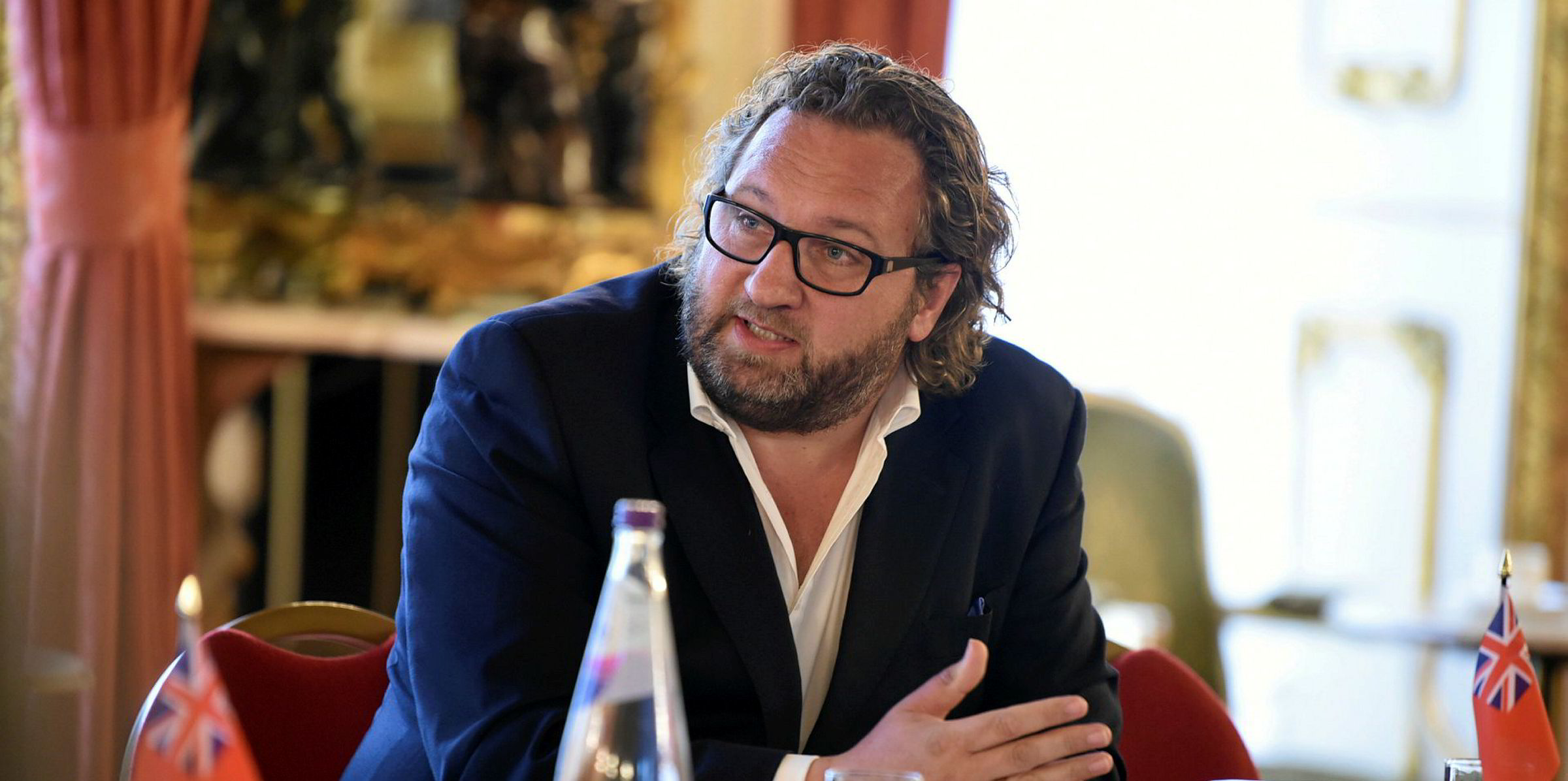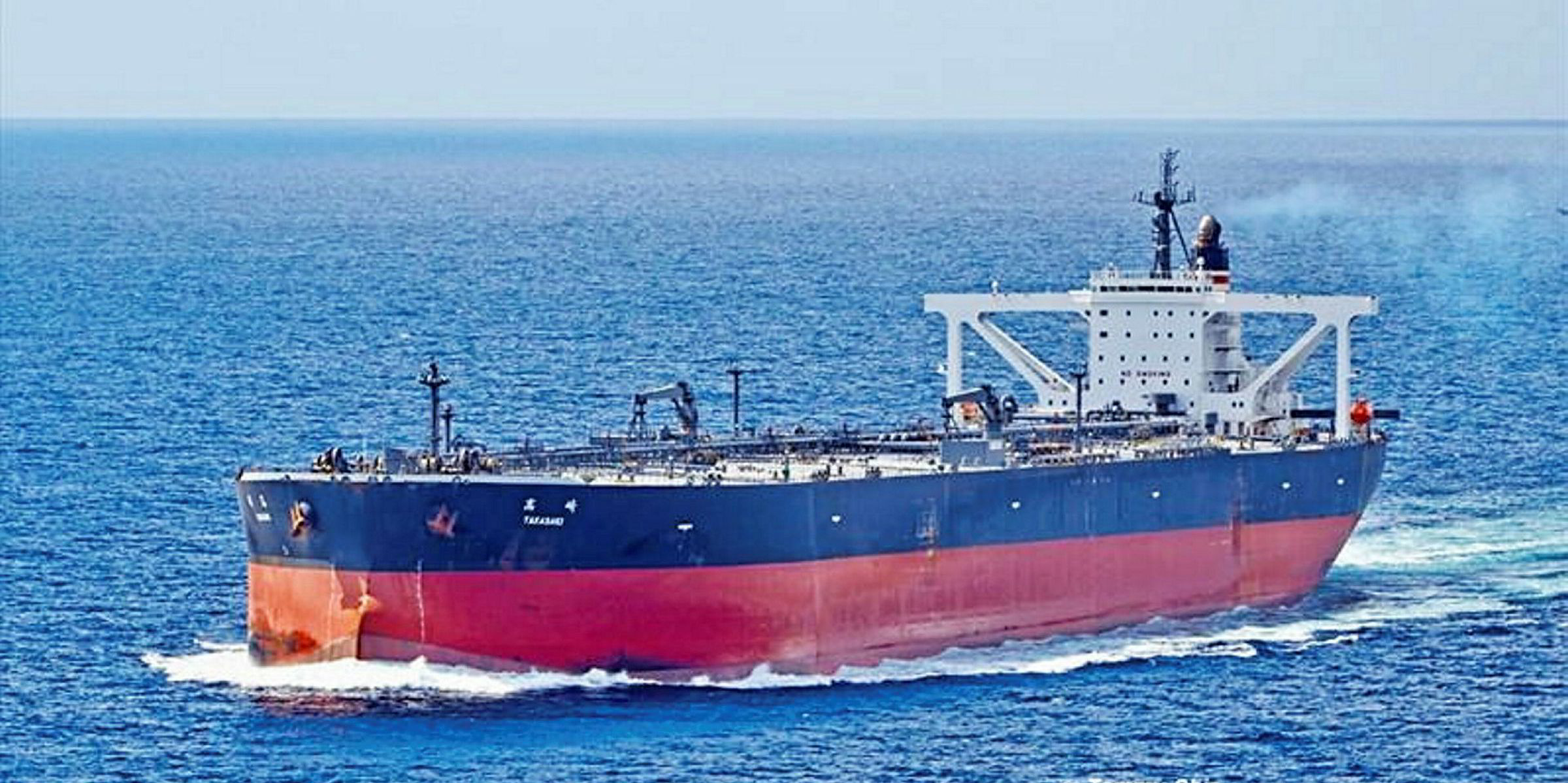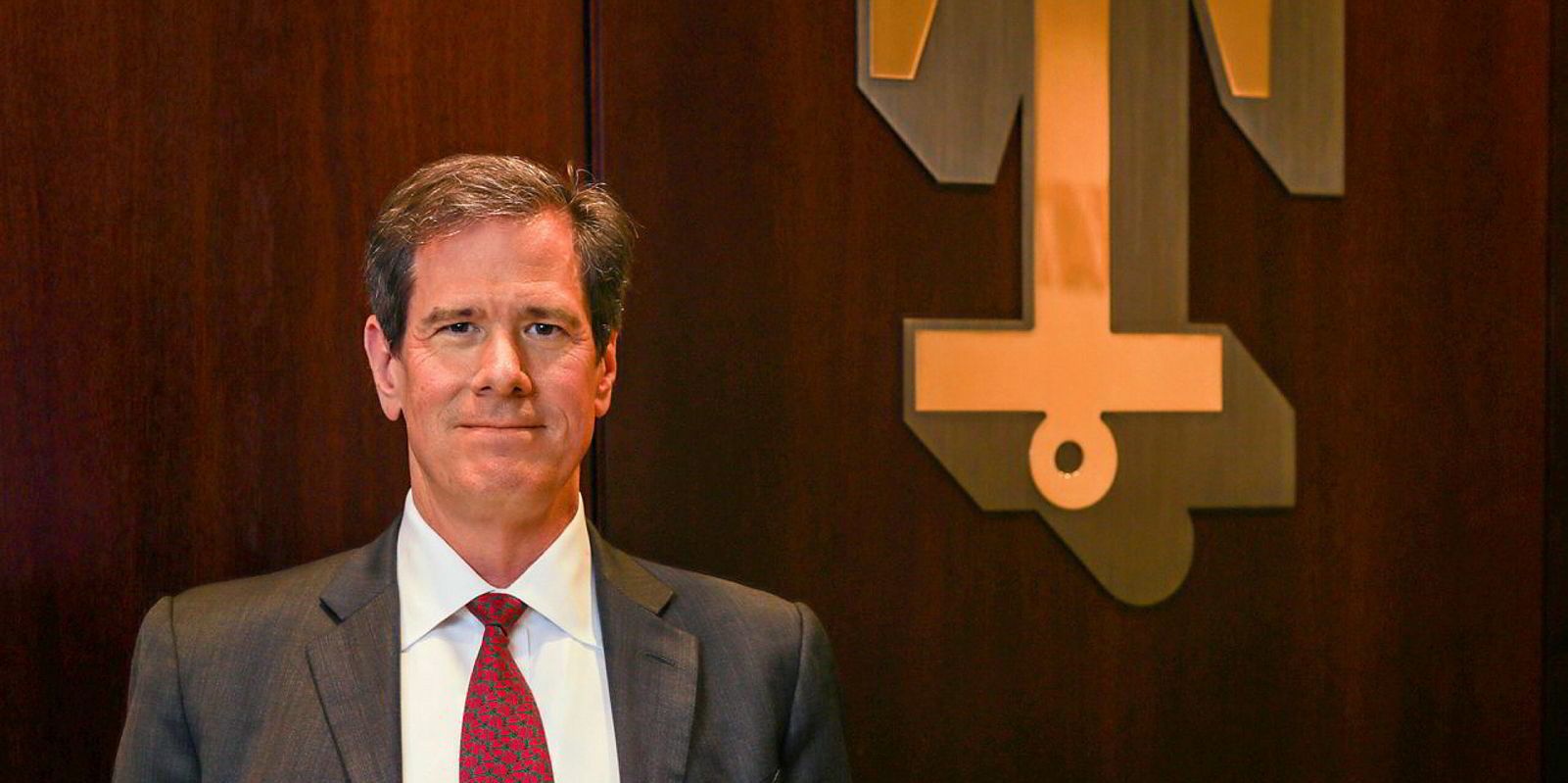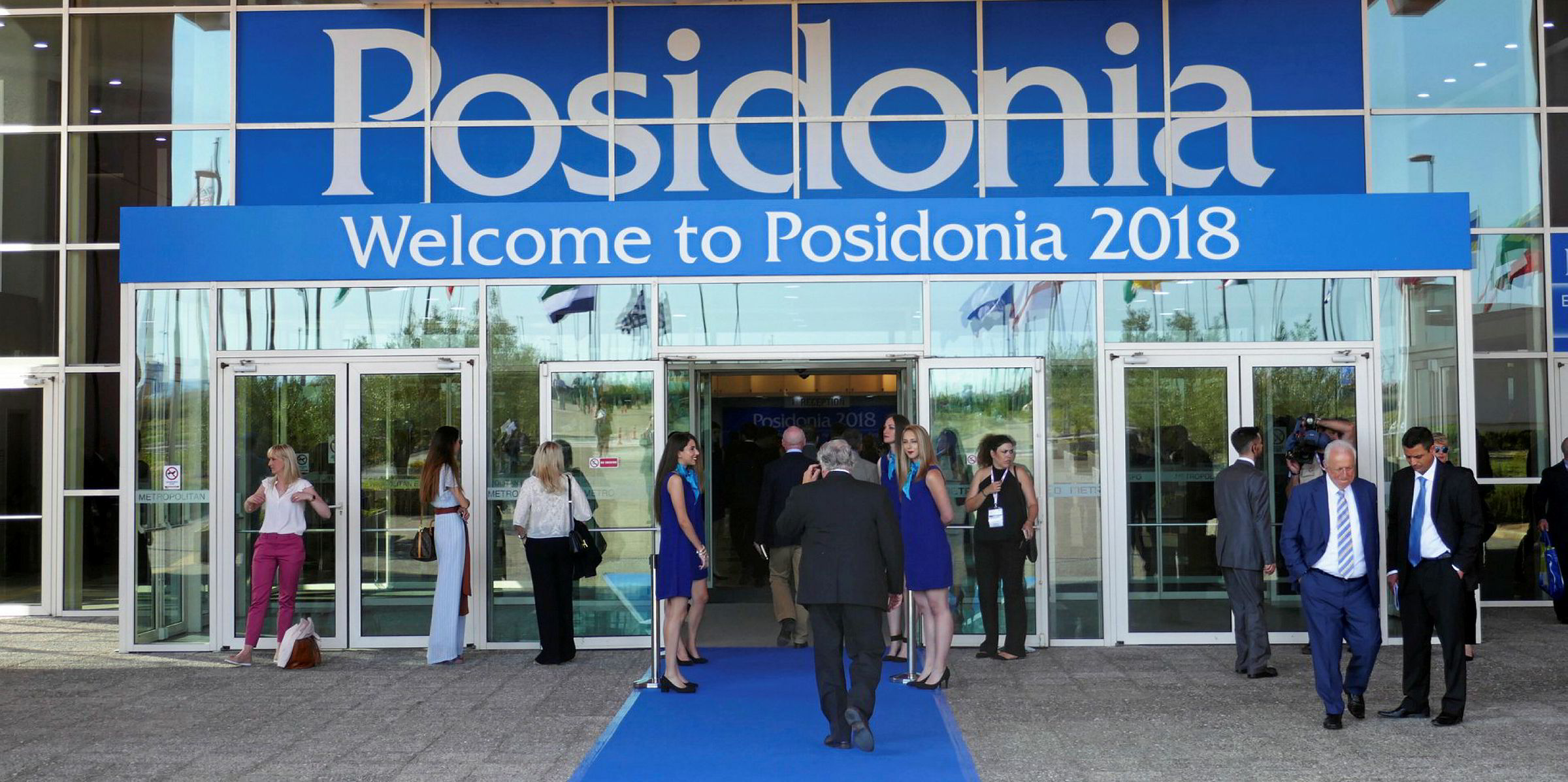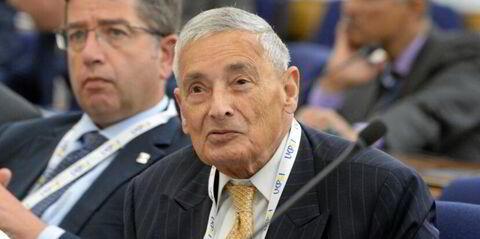Clarksons reported improved first-half results thanks to the strong performance of its shipbroking and research divisions.
The London-listed company, one of the world’s largest shipping service providers, recorded a net profit of £15.4m ($20.1m) for the first six months. This compared with £14m during the same period last year.
Despite the pandemic disruption, chief executive Andi Case said his staff have worked seamlessly from home with support from IT and human resources.
“We're extremely proud of the performance of the company. It really lays testament not only just to the people but also the way in which the company has been advanced itself using technology,” he told TradeWinds.
Despite a 10% fall in global seaborne trade from its peak, Case said Clarksons' sales held up well in most sectors.
“Our geographically and operationally diverse offering, in addition to our market leading position, enables us to capitalise on market opportunities as they arise,” he said.
Cash dividend
In March, Clarksons had warned the pandemic could have a negative impact on its performance and held back on declaring a dividend for 2019, despite a healthy underlying annual result.
But the robust first-half report has prompted Clarksons to announce a payout of £0.53 per share for last year and £0.25 for the period between January and June 2020.
The company reported free cash resources of £88.8m as of end-June, compared with £68.7m on 31 December.
“A record first-half performance in broking reflected both the group’s market leadership and the strength of tanker markets early in the year,” investment bank Liberum said in a note.
“The resumption of dividends is a clear sign of confidence.”
In mid-day trading on Monday, Clarksons’ shares were up by more than 10%.
Star segments
Clarksons’ shipbroking division achieved an underlying profit of £29.4m, versus £21.8m in the first half of last year.
Renewable projects and strong tanker and gas shipping rates earlier this year provided a boost to the result, and Case added its sale-and-purchase team was also doing well despite the challenges from the coronavirus outbreak.
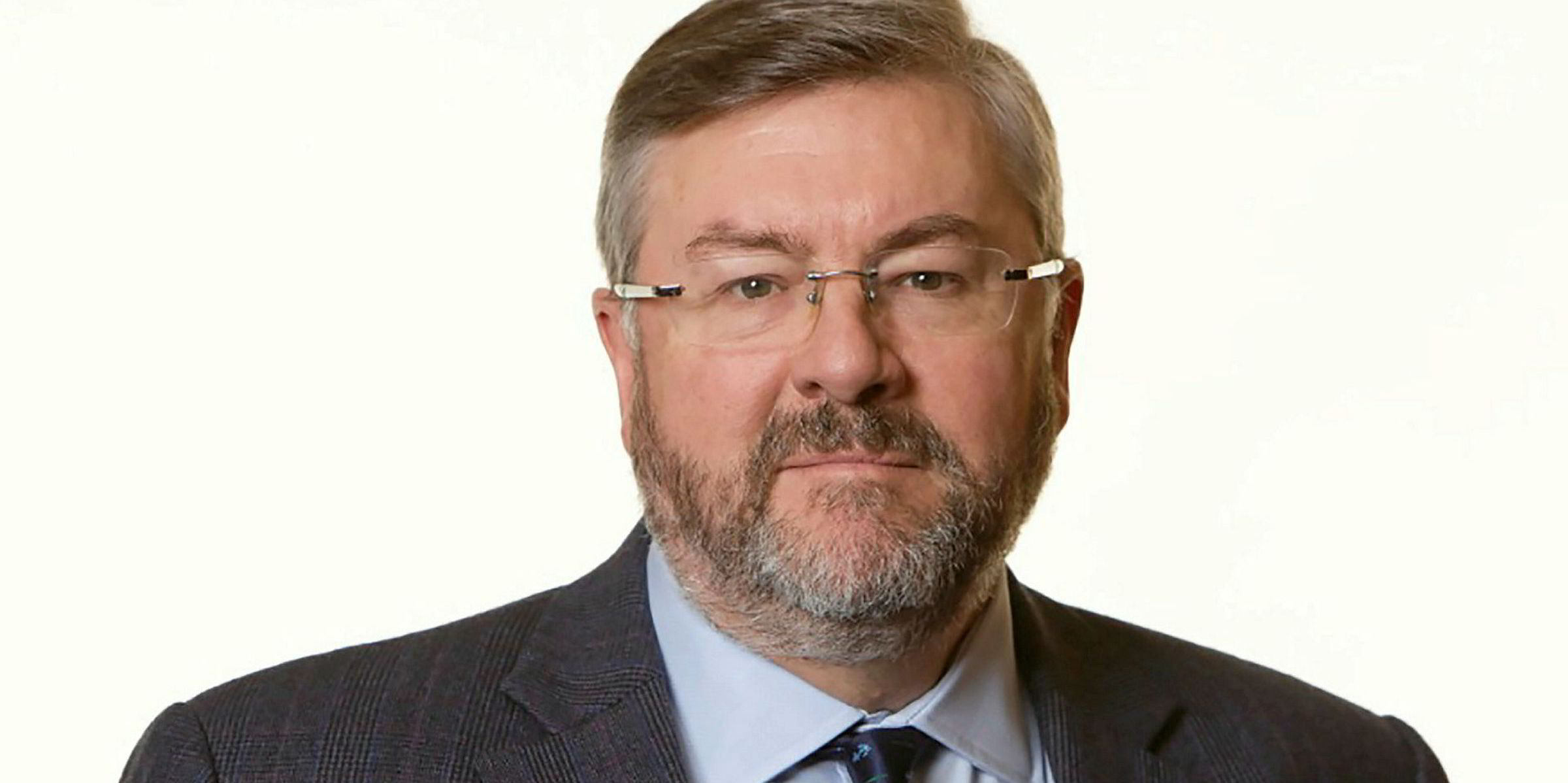
With travel restrictions across the globe, many shipowners have faced difficulties in accessing ship finance and carrying out inspections and crew changes.
“In difficult times, people tend to go to the best providers,” Case said. “When you're really trying to place difficult transactions, I think it really is when the quality shines through.”
The underlying profit of its research division rose to £3.1m from £2.8m, with increased demand for business intelligence during the pandemic.
Clarksons has launched several coronavirus-related research products that it has delivered digitally, which it said were “well received by clients as a trusted framework for monitoring developments and informing decision making”.
Weaker links
But Clarksons’ financial division slipped into an underlying loss of £1.6m between January and June from a profit of £1.1m over the same period last year.
The division, which mainly operates from Oslo, was plagued by harsh equity market conditions, less availability of US dollar funding and the depreciation of the Norwegian krone.
The support division’s underlying profit decreased to about £200,000 from £1.3m.
With the negative impact of coronavirus on oil and gas prices, Clarksons said that its offshore clients cancelled or deferred their projects while minimising their day-to-day activity levels.
The company has embarked on some cost-cutting measures at the two divisions, including headcount reduction in the first half of this year, so improved performances are expected for the second half.
“It’s not easy to have [coronavirus] coming on top of that execution. But the strategy had already been determined and laid out,” Case said. “So we've continued to execute along that.”
Second wave of pandemic
Looking forward, the company has declined to provide a full-year guidance, citing business uncertainty due to the ever-evolving pandemic.
But Clarksons has stated it remains confident of operating in a low-rate, low-volume environment, referring to its diverse business model and market position.
“There is a ying and yang of the ebb and flow of rate environments across the shipping sectors in a normal situation. That was just accelerated through Covid-19,” Case said.
Commenting on the second wave of coronavirus infections observed in many countries, Case said the governments have been quicker to respond than they did earlier this year.
“It will be definitely disruption through the course of the marine space. [But] it won't be as disruptive as the sort of disruption we've already seen,” he added.
